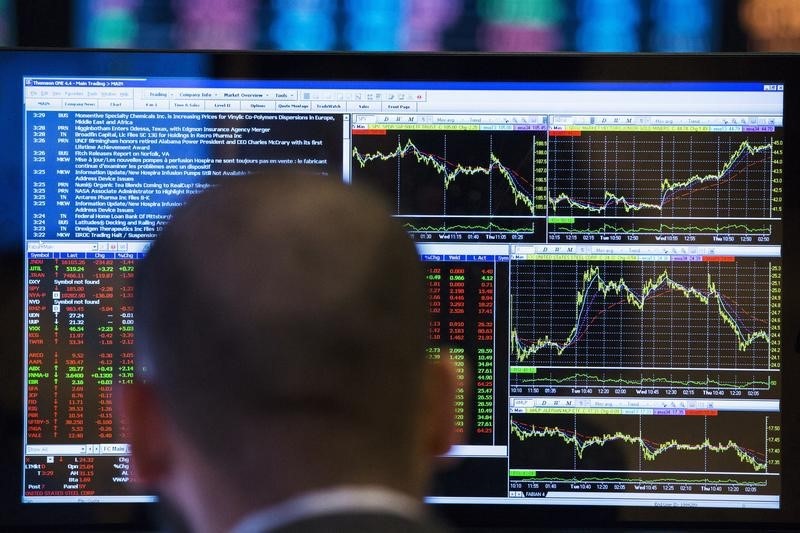Investing.com — Stock funds saw $4 billion in inflows in the week ending Oct. 23, 2024, while bond funds attracted $13.5 billion, according to Citi.
The bank’s recent report shows that US and global exchange-traded funds (ETFs) were the biggest beneficiaries, with $11.2 billion and $3.9 billion respectively.
Moreover, Japanese funds reversed a recent trend and recorded $1.5 billion inflows after two weeks of outflows.
However, emerging markets experienced fewer positive flows. Specifically, China-focused ETFs posted outflows for the second week in a row, losing $6.4 billion despite a nearly 4% increase in net asset value.
Emerging markets equity funds still outperformed developed markets by 1.7%, and global emerging markets ETFs saw modest inflows of $0.7 billion.
Regionally, Taiwan saw net foreign inflows of $2.3 billion, while India continued to struggle with $1.0 billion in outflows from foreign institutional investors. South Korea also saw an outflow of $0.7 billion. Southbound flows to Hong Kong remained stable and totaled $1.4 billion.
Meanwhile, gold funds saw a notable rise, Citi reveals, raising $2.7 billion this week. Since May, cumulative inflows into gold funds have reached $13.6 billion.
The recent rally in US stocks is faltering as the market approaches a series of potentially disruptive events. This week, major tech companies will report earnings and the long-awaited employment report will be released, with the US elections also looming.
Although the economy is up about 22% this year, it has recently retreated from its record highs.
Stocks continue to trade at high valuations, exposing the market to potential negative consequences if upcoming events do not meet investor expectations.
The S&P 500’s forward price-to-earnings (P/E) ratio, based on expected earnings over the next twelve months, is 21.8, the highest in more than three years, according to LSEG data.


